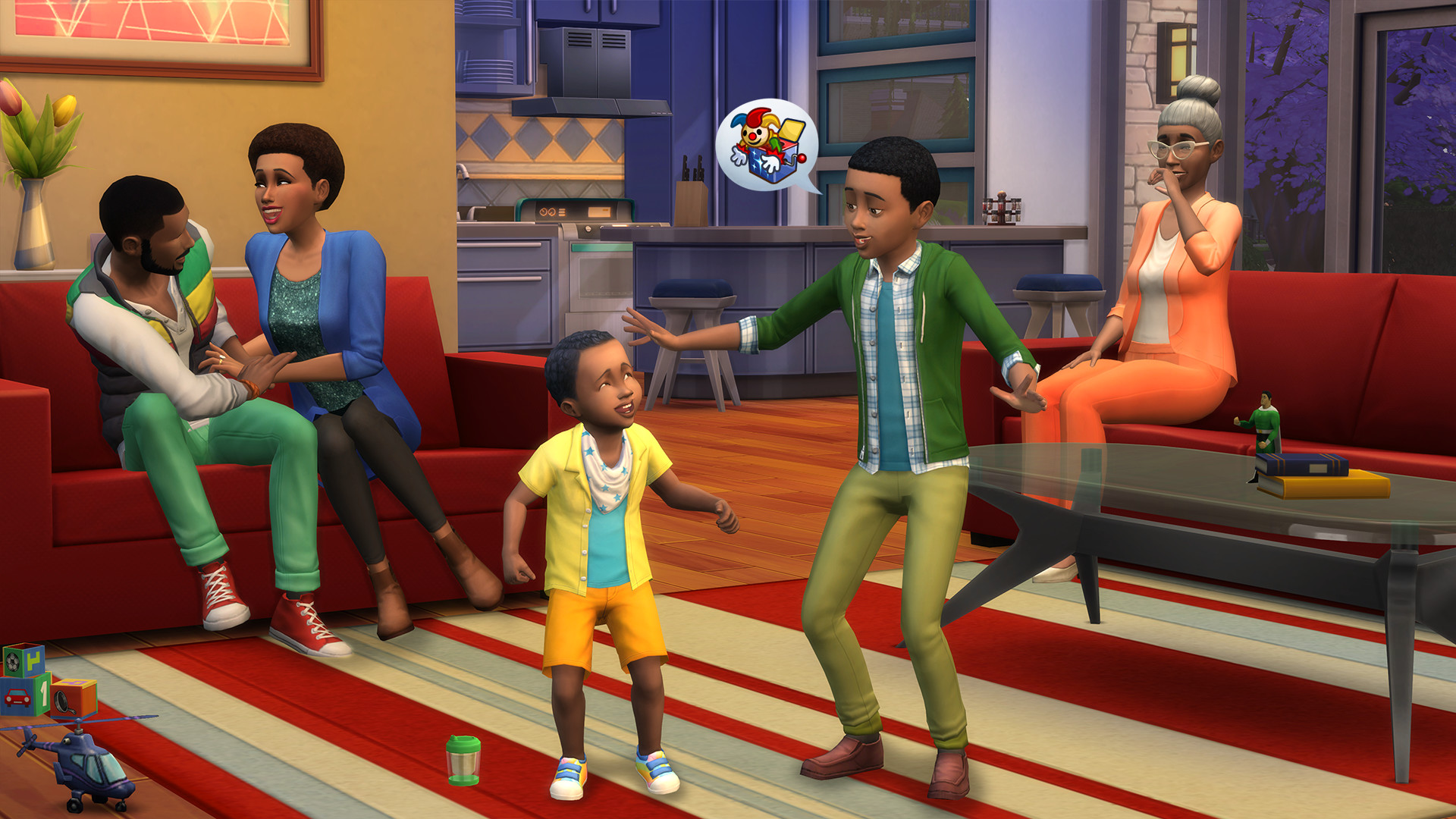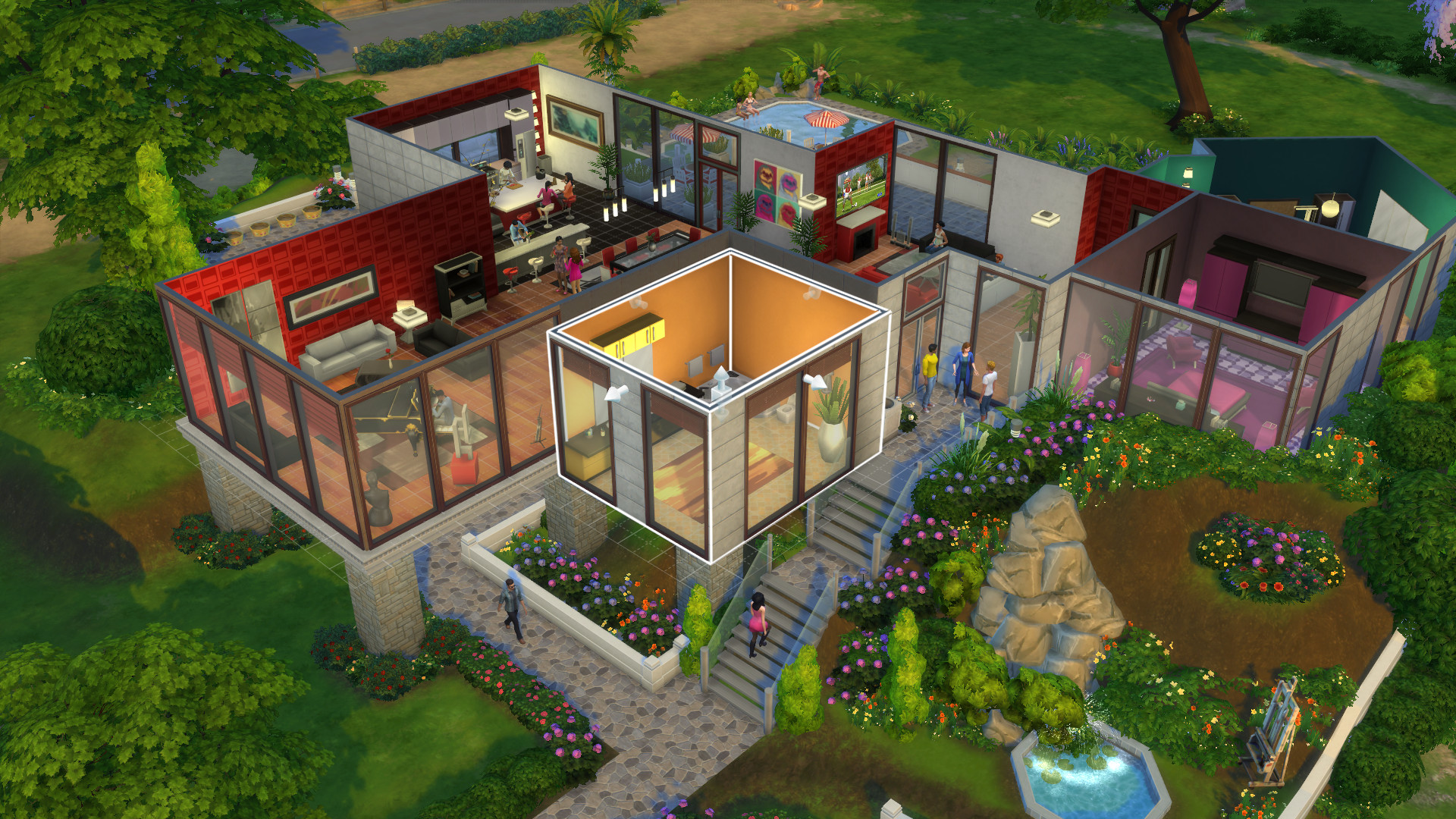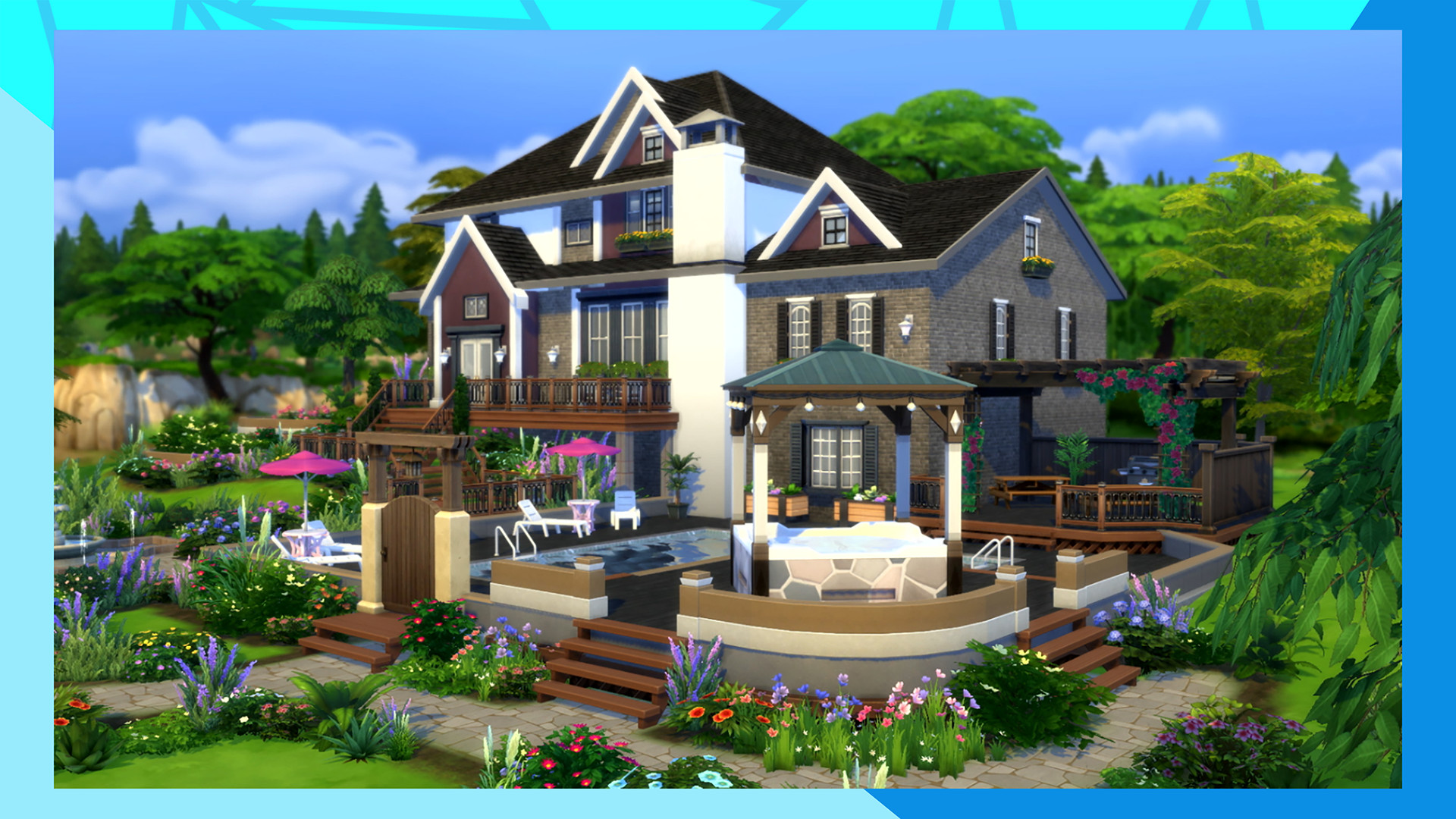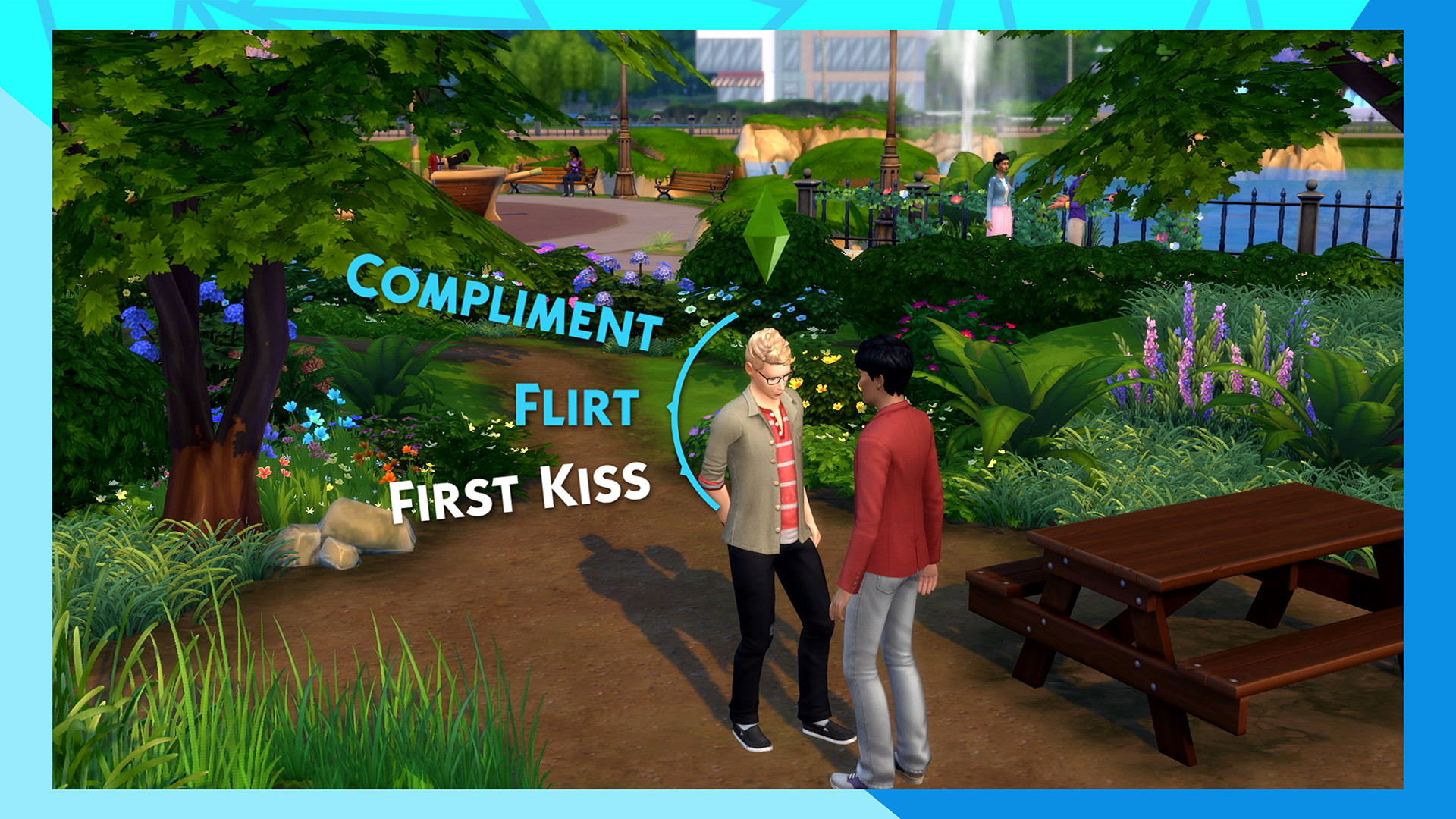The Sims™ 4 review
The Sims™ 4, developed by The Sims Studio and Maxis and distributed by Electronic Arts, is a life simulation video game where players create and control their characters in a virtual environment, managing different aspects of life. It is arguably one of the most renowned franchises in the gaming world, captivating the hearts of many players since its inception in 2000. The fourth major title in the series, released in 2014, brought a plethora of new features and improvements from its predecessors. Let’s delve into what The Sims™ 4 has to offer in its captivating gameplay, analyze its weaknesses, and gather user impressions and feedback.
Engrossing Gameplay and Innovative Features
The fundamental charm of The Sims™ 4 resides in the fascinating player agency it offers, allowing gamers to control their virtual characters, known as Sims. However, these characters are not plain avatars. Each Sim comes with distinct personalities, emotions, appearances, and goals, simulated by the game's innovative and compelling AI mechanism. Players can model their Sims' appearances down to the minute details, with an exhaustive range of customization options.
In the Sims’ universe, life elements such as housing, careers, relationships, and skills play pivotal roles. The world is split into various neighborhoods, where your characters can live, work, socialize, and acquire skills - all while under your control. You design their homes, choose their careers, make friends, foster relationships, and trace their life paths, thus creating rich narratives. One of the prominent innovations of Sims™ 4 is the introduction of emotions that intricately impact your Sim's actions, skills, and interactions.
The Hurdles in The Sims™ 4
Despite all its exciting gameplay elements, The Sims™ 4 is not free from drawbacks. Some persistent complaints from the players stem from the game’s restrictive world. In previous iterations, Sims could freely roam around the town, adding a feel of openness. However, in Sims™ 4, the neighborhoods' restricted size and lack of open-world exploration limit the game experience.
Moreover, the base game lacks some features that were previously included in The Sims™ 3, such as swimming pools and toddlers, making the game seem incomplete without additional expensive expansion packs. Another notable issue is the loading screens breaking up the play and disrupting the smooth gaming experience when moving from one area to the other.
What Sets The Sims™ 4 Apart
One of the most distinctive attributes of The Sims™ 4, setting it apart from its counterparts in the market, is its intricate depth of simulation. The game doesn't involve any explicit goals or linear story progressions, contrary to a majority of video games. Instead, it is more about crafting narratives with your custom-created characters via their interactions with the environment and other characters.
The most distinguished feature that makes The Sims™ 4 stand out from its market counterparts is the Emotion System. No other game has incorporated such a complex handle on the behavioral aspects of the characters. In the game, Sims are fundamentally driven by emotions, joy, anger, inspiration, nervousness, etc., and these emotions directly impact their behavior, interactions, and actions. This introduction of the emotional spectrum enhances the real-world feel of the game, creating a dynamic experience.
For instance, consider another popular life simulation game, Animal Crossing. Despite its charming design and calming gameplay, the characters (villagers) in Animal Crossing do not parallel the depth of simulation present in The Sims™ 4. In Animal Crossing, villagers have predictable patterns, exhibit repetitive behaviors, and interact in a limited number of ways. However, in The Sims™ 4, the possibilities seem endless. Your Sim, influenced by emotions, will react differently based on their feelings, elevating the replay value and unpredictability of the game.
Furthermore, the level of customization available in The Sims™ 4 is almost unparalleled. Every tiny detail of your Sim can be tweaked—from their facial features to their fashion style. Virtual home builders can also revel in the sophisticated 'Build Mode,' where everything from the architecture to the interior design is under the player's control.
For instance, games like Life is Strange or Detroit: Become Human, while offering engaging, choice-based narratives, do not provide the sheer depth of personalization that The Sims™ 4 offers. In these games, the characters and settings are predefined, and the player has minimal control over the character’s appearance or environment.
The unique appeal of The Sims™ 4 lies in its unrivaled depth of simulation, realistic emotional spectrum, and extensive customization options. Its emphasis on player-driven narratives, coupled with the breathing room for creativity, provides an immersive gaming experience that is hard to match.
Player Impressions and Feedback
As for user impressions, they vary among players but mainly lean towards the positive side. The intricate character customization, engaging gameplay that mimics real-world intricacies, and the diverse range of expansion packs offering new possibilities have elicited widespread admiration from players.
However, the aforementioned limitations have also left some players discontented. The excessive monetization with countless packs and expansions is an inconvenience to many, as they feel pushed towards paying more to get the complete experience of the game.
When weighing the advantages against the shortcomings, it can be seen that The Sims™ 4 brings a unique gaming experience with rich narratives despite the flaws. The excitement of simulating life with all of its intricacies and unpredictabilities is, without a doubt, the primary reason for the game's persistent popularity.
Pros:
- Exceptionally detailed character customization
- Highly interactive and immersive gameplay
- A diverse range of expansions and packs offering additional content
- Introduction of complex emotions impacting gameplay.
Cons:
- Lack of open-world exploration
- Necessity for multiple expensive expansion packs to unlock integral gameplay elements
- Disruptive loading screens hinder smooth gameplay.









